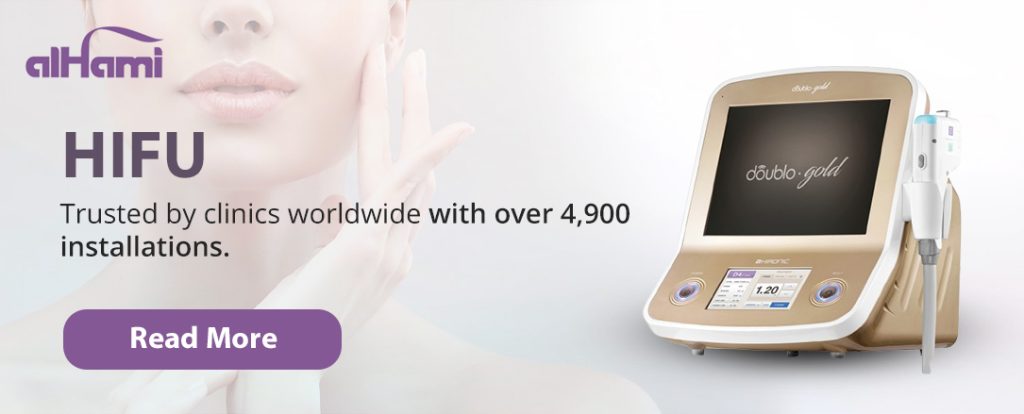
Exploring the Therapeutic Applications of Exosomes from Adipose, Umbilical, and Bone Marrow Sources.
Human adipocyte-derived exosomes are typically sourced from adipose tissue (fat cells) rather than from the umbilical cord or bone marrow. Adipose-derived stem cells (ADSCs) are collected from fat tissue, often through liposuction, and these cells release exosomes carrying various signalling molecules beneficial for regenerative and therapeutic purposes.

In contrast, exosomes from umbilical sources or bone marrow come from stem cells specific to those tissues—either umbilical cord mesenchymal stem cells (UC-MSCs) or bone marrow-derived stem cells (BM-MSCs), respectively. Each type has unique properties and applications in research and therapy, depending on the origin and the molecules they carry.
Here’s a breakdown of applications for exosomes derived from different sources:
1. Adipocyte-Derived Exosomes (Adipose-Derived Stem Cells – ADSCs)
- Skin Rejuvenation and Wound Healing: Known for their high concentration of growth factors and cytokines, adipocyte-derived exosomes are widely used in skin treatments to promote collagen production, improve skin elasticity, and accelerate wound healing.
- Anti-Inflammatory Applications: These exosomes are rich in anti-inflammatory agents, making them valuable for treating inflammatory skin conditions, such as psoriasis, and for reducing redness after aesthetic procedures.
- Orthopedic Applications: In joint and tendon repair, they can aid in reducing inflammation and enhancing tissue regeneration, serving as a non-surgical option for musculoskeletal conditions.
2. Umbilical Cord-Derived Exosomes (Umbilical Cord Mesenchymal Stem Cells – UC-MSCs)
- Anti-Aging and Skin Health: UC-derived exosomes are used in skin treatments due to their regenerative properties, helping reduce wrinkles and improve skin tone and texture.
- Neurological Disorders: UC-MSC exosomes show promise in neuroprotective therapies, aiding in neural repair and offering therapeutic potential for conditions such as Alzheimer’s, Parkinson’s, and spinal cord injuries.
- Autoimmune Disorders: UC-MSC exosomes can help regulate immune responses, providing a promising approach to managing autoimmune diseases, such as rheumatoid arthritis and lupus.
- Cardiovascular Repair: They have shown potential for repairing heart tissue following cardiac injury or ischemic events by helping to reduce inflammation and promote cell survival.
3. Bone Marrow-Derived Exosomes (Bone Marrow Mesenchymal Stem Cells – BM-MSCs)
- Bone and Cartilage Repair: BM-derived exosomes are commonly used in orthopedic and cartilage repair applications, such as osteoarthritis treatment, due to their ability to support bone regeneration and reduce inflammation.
- Cancer Therapy: BM-derived exosomes are being researched as drug delivery systems for carrying chemotherapeutic agents directly to target specific cancer cells.
- Organ Regeneration and Transplantation: These exosomes show promise in liver, kidney, and other organ repairs, supporting cell regeneration and reducing rejection risk in transplantation.
- Heart Disease and Injury Repair: BM-MSC exosomes promote angiogenesis (formation of new blood vessels) and repair heart tissue, beneficial for patients post-myocardial infarction and those with chronic heart disease.
Each type of exosome offers unique benefits depending on its cellular origin, making them valuable for diverse therapeutic and cosmetic applications. By tailoring exosome choice to specific treatment needs, healthcare providers can leverage their potential for improved patient outcomes across multiple fields of regenerative medicine and aesthetics.




